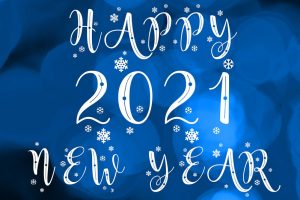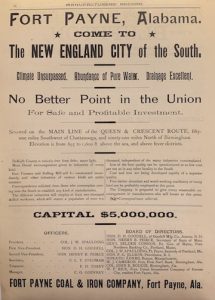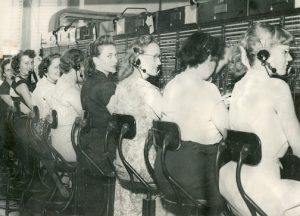 2020 has been a strange and rough year in so many ways, but, speaking as REL’s Graduate Director, our Department still has much to celebrate among our M.A. students and the program’s alums. They did not simply survive the shift to online learning and the challenge of moving to a new city in a pandemic; they have thrived in so many ways.
2020 has been a strange and rough year in so many ways, but, speaking as REL’s Graduate Director, our Department still has much to celebrate among our M.A. students and the program’s alums. They did not simply survive the shift to online learning and the challenge of moving to a new city in a pandemic; they have thrived in so many ways.
In May, in the middle of the first wave of the pandemic, we graduated 4 M.A. students, our largest graduating class so far. Among those grads, two went on to Ph.D. programs (Ohio State and Florida State, neither school chosen based on their football teams, btw), and one used her publishing experiences, digital skills, and museum internship to work with Landmarks of Dekalb County, Alabama, cataloging material in their collection and promoting their collection (see their Instagram account). She has discovered fascinating pieces about Fort Payne (the “New England City of the South,” see images below) and the region “lost” in the storage rooms.

Our continuing grad students have been busy, too, with some second year students now applying for Ph.D programs while making progress on various research projects of their own. In August, we welcomed our largest incoming class yet, with 8 new M.A. students, all of whom tackled our required foundation courses on social theory and public humanities—courses that intentionally throw a bit of a curve at students, to get them thinking broadly not just about how to study religion but also about the wider relevance of the skills we can gain in a graduate program. Through all of their activities, they have been engaging and applying social theory in ways that they might not have expected, writing about Lovecraft Country (read Allison’s post), the Nones, rhetoric about “godless China,” healthcare, survey instruments, and much more.
Our M.A. students have been creative and productive, despite the challenging circumstances and everyone’s need for flexibility. In addition to traditional academic labor, writing (read Jacob’s recent post defending Religious Studies), TAing, teaching online courses, and preparing lectures of their own, they have built websites and made podcasts and videos (see a compilation of their work in the Public Humanities course), helped produce the newest issues of the Bulletin for the Study of Religion, created animations (currently in production) for our Luce-funded American Examples initiative, and arranged Spring semester internships in publishing, digital technology, and international education. Our students’ work has even moved beyond Tuscaloosa virtually, with one editing videos for the Religion for Breakfast video series, another presenting a paper at the virtual American Academy of Religions, and another moderating a panel at the virtual North American Association for the Study of Religion conference (both virtual conferences in November and December). And look for one of our MA students to present a virtual paper in the Spring, as part of the southeast region’s AAR meeting.
Despite all the challenges of 2020, our students generate enthusiasm and hope, things that we want to tell the world about as we move towards the new year.

Images credits
“Happy 2021 new year on blue bokeh background” by wuestenigel is licensed under CC BY 2.0
Fort Payne ad from archives of Landmarks of Dekalb County, AL. Photo courtesy of Caitlyn Bell.
Switchboard operators photo from archives of Landmarks of Dekalb County, AL. Photo courtesy of Caitlyn Bell.